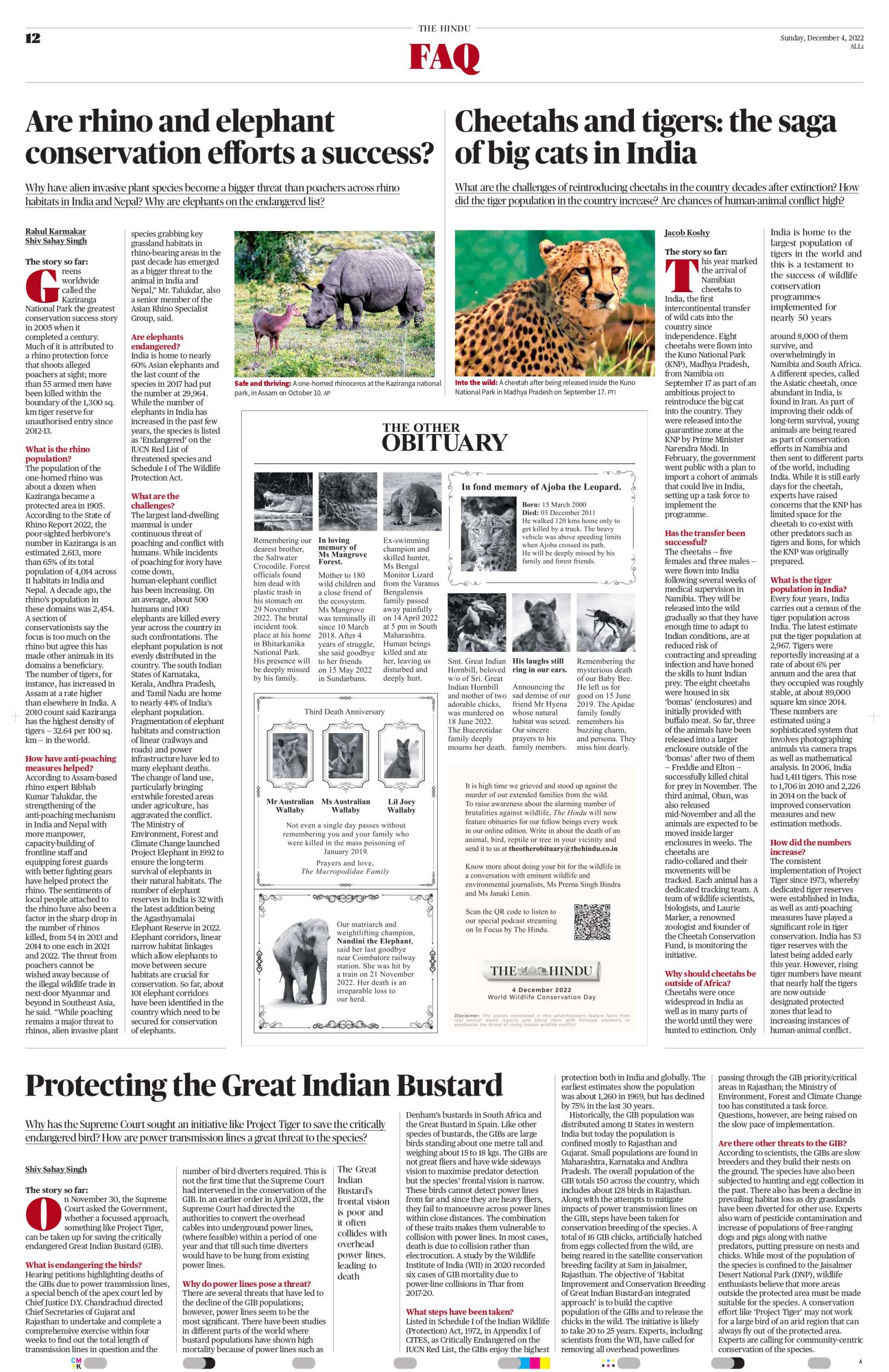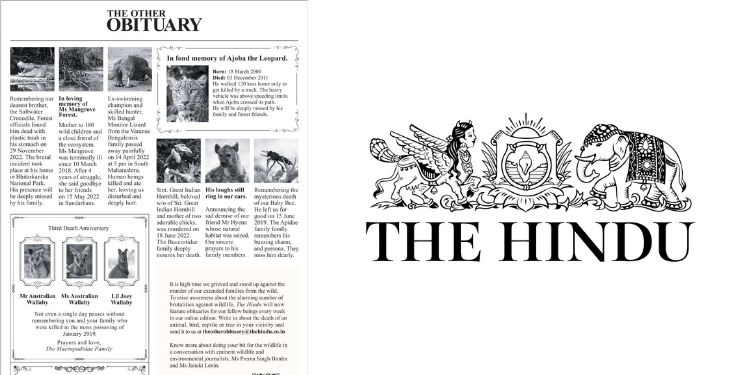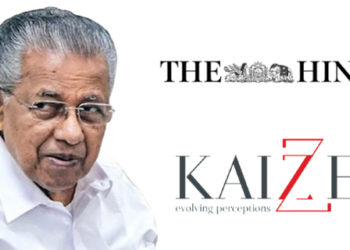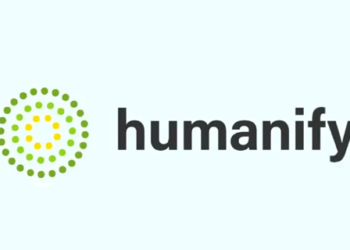The Hindu Group has once again come up with a thought-provoking campaign for World Wildlife Conservation Day (WWCD).
Titled ‘The Other Obituary’, the ad features an obituary section for the flora and fauna that fell prey to human inconsideration and cruelty. These species don’t have a voice and therefore their death isn’t mourned and nor are their cries heard. The obits were written from the point of view of the loved ones of the beings that met the sad end. The ad was aimed at creating awareness and meaningful conversations about what can be done.
The group has earlier launched ‘Care. Community. Conversation.’ – a print-led initiative in the year 2020 to focus on being vocal about topics that are often hushed and swept under the carpet.

Aparajita Biswas, Head of Marketing at The Hindu Group said, “As a media organisation, we have always lent our voice to responsible societal and environmental concerns time and again. ‘The Other Obituary’ is very close to our hearts. To see people talking about this on social media and coming up with ideas to save wildlife make this a fulfilling initiative. This nudges us to continue our good work and make the world a better place to live in.”
Further, the editorial team came up with an exclusive insightful content titled ‘FAQ’ on The Hindu’s Sunday edition about why elephants are on the endangered list, are chances of human-animal conflict high etc. The team also did a special podcast session on Wildlife protection in India with Prerna Singh Bindra, India’s leading environmental journalist, winner of Carl Zeiss Wildlife Conservation Award and Janaki Lenin, journalist and writer, specialises in wildlife science and conservation practice in India.
The moderator of the podcast, G Sampath, who is also the Social Affairs Editor at The Hindu said, “Hundreds of species of plants and animals in India currently figure in the red list of endangered species put out by the International Union of Conservation of Nature (IUCN). Campaigns and conversations like this will help mobilize public opinion so that wildlife conservation and ecology are no longer perceived as a niche interest but acknowledged as critical concerns that must inform decision-making in public policy contexts and corporate boardrooms.”


















